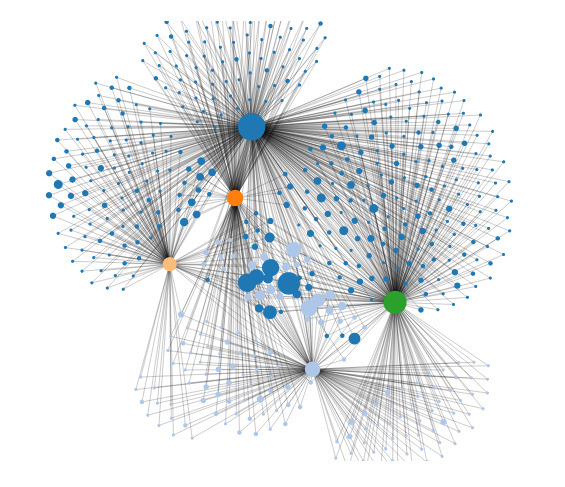
One of the primary social motivations for scientific research is the ability to make better decisions based on the results.
But whether it is deciding what material to use in making a solar panel, what antibiotic to use on an infection or when to launch a satellite, most decisions involve weighing multiple factors, all of which interact with one another in determining the best course of action.
Now, researchers at the University of Pennsylvania and the University of Pittsburgh have developed a decision-making model that compares and weights multiple variables in order to predict the optimal choice.
They tested their model on data from a study of patients seeking treatment for depression, who received either cognitive behavioral therapy or medication. By using the model to generate a score for each patient that indicated which treatment was likely to be more effective for him or her, researchers showed an advantage equivalent to that of an effective treatment relative to a placebo.
Called the "predictive advantage index," this analytic tool could be used not just in personalized medicine but in any decision-making scenario with complex, and potentially conflicting, variables.
by Shane Turner via NursingFacultyJobs.com
No comments:
Post a Comment